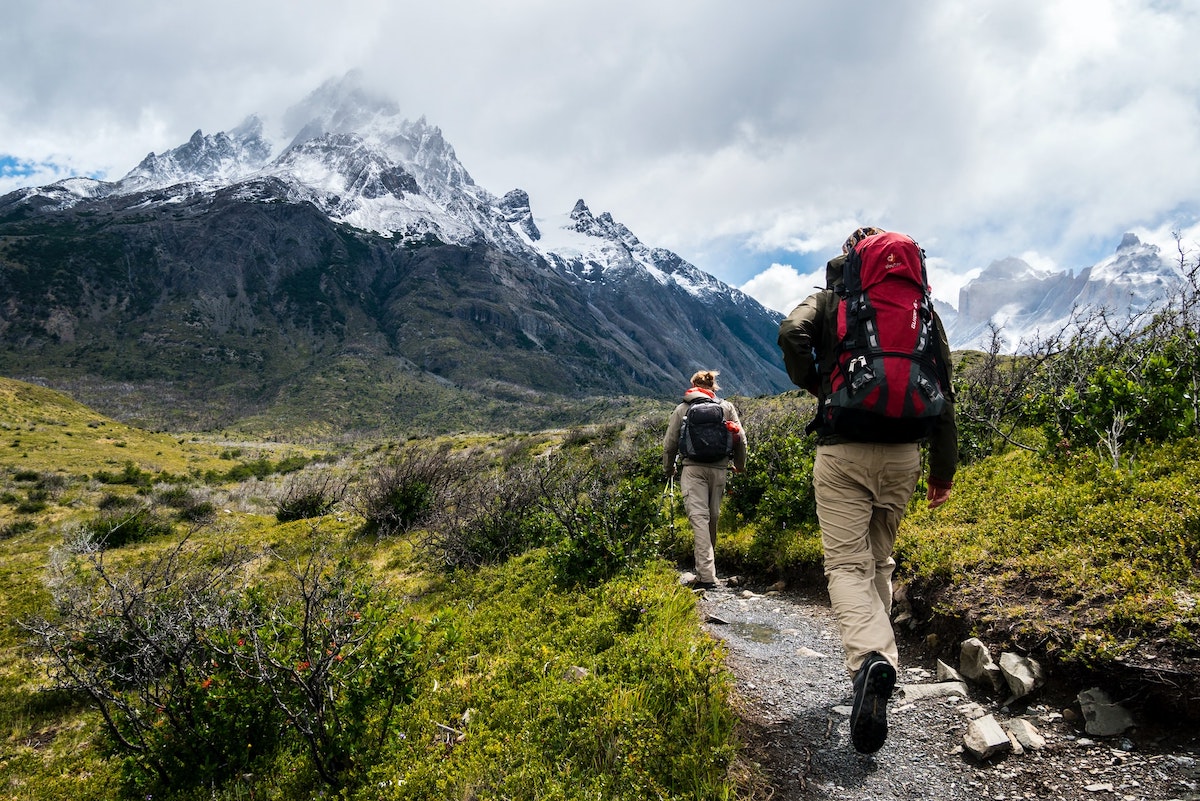The coronavirus pandemic restrictions are little more than a semi-distant memory for many of us in the UK, but their effect was nonetheless profound – and continues to impact us today. Indeed, despite the lifting of restrictions many of us still spend less time outdoors than we once did, with over a third of us spending less than 15 minutes outside each day. But getting outside is an overwhelmingly healthy act, for a number of reasons.
Physical Benefits
The physical benefits to spending more time in the great outdoors are well-documented. For one, leaving the house at all is a form of light exercise, whether walking around the block or committing to a longer journey. Getting out and about also increases your exposure to sunlight, consequently increasing your Vitamin D intake. This increased sun exposure can also help you regulate your sleep, enabling you to foster a healthy circadian rhythm and keep yourself refreshed overall.
Mental Wellbeing
Of course, though, there are significant mental health benefits attributed to travel, however localised or trivial that travel may be. The light exercise you experience in the form of walking or jogging produces endorphins in your brain, and enables you to better regulate mood overall – making you happier for longer. Time spent outdoors is also time spent away from specific stressors, giving you the vital opportunity to clear your head and get some much-needed space from stressful issues.
These benefits are all well and good, but how exactly can you incorporate going outside as part of a regular routine? What activities could you be doing outside in order to receive the maximum possible benefit, without exerting yourself overmuch as a result?
New Places, New Experiences
Leaving the house does not need to be a practical event, nor an especially exertive one. You could reap the benefits of travel by simply poring over the train times to London, taking the next convenient train into the capital then picking a borough at random.
Visiting a completely new place can remove your attention from any specific points of stress, and pull your attention entirely into the present – where you’re experiencing entirely new things. This is a form of mindfulness, and an excellent way to give yourself some perspective on any problems you may be facing.
‘Shinrin Yoku’, or Forest Bathing
If discovering a new place sounds a little too anxiety-inducing for your present state of mind, there is another form of travel you can undertake that can help you reset your brain and bring about an immense sense of calm: forest bathing.
Forest bathing, or ‘shinrin yoku’, is a contemporary discipline born in Japan, where workers suffering stress from their day job began to take technology-free trips to local forests for a cleansing ‘bath’ in the fresh air and foliage of natural woodland. Forest bathing is a brilliant way to practice mindfulness; simply leave your phone in the car, and take a short walk into the forest, immersing yourself in the sights and smells.
Featured Image Credit: Toomas Tartes on Unsplash


